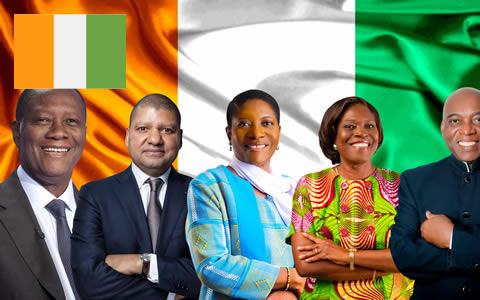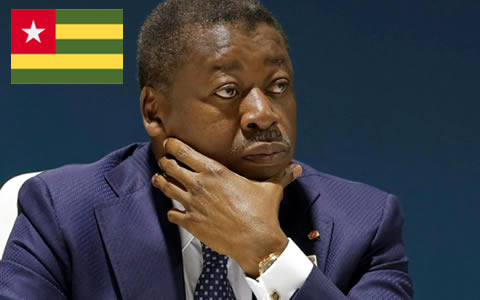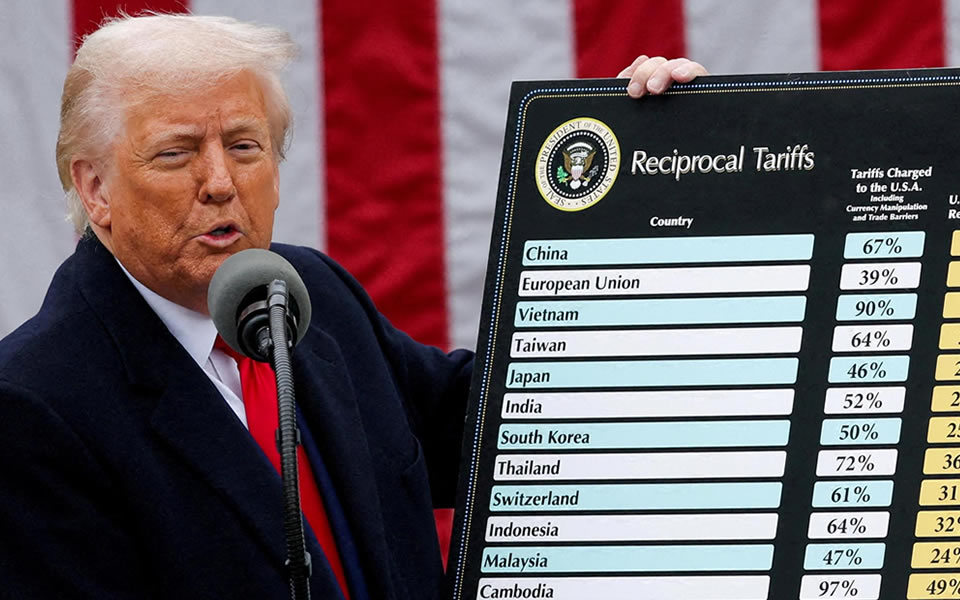
M23 in Focus: Unraveling the Rebellion in the DRC
February 23, 2024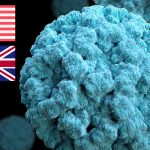
Global Health Alert: Sharp Rise in Norovirus Cases
March 4, 2024ASSESSING GHANA’S STATE OF THE NATION ADDRESS 2024
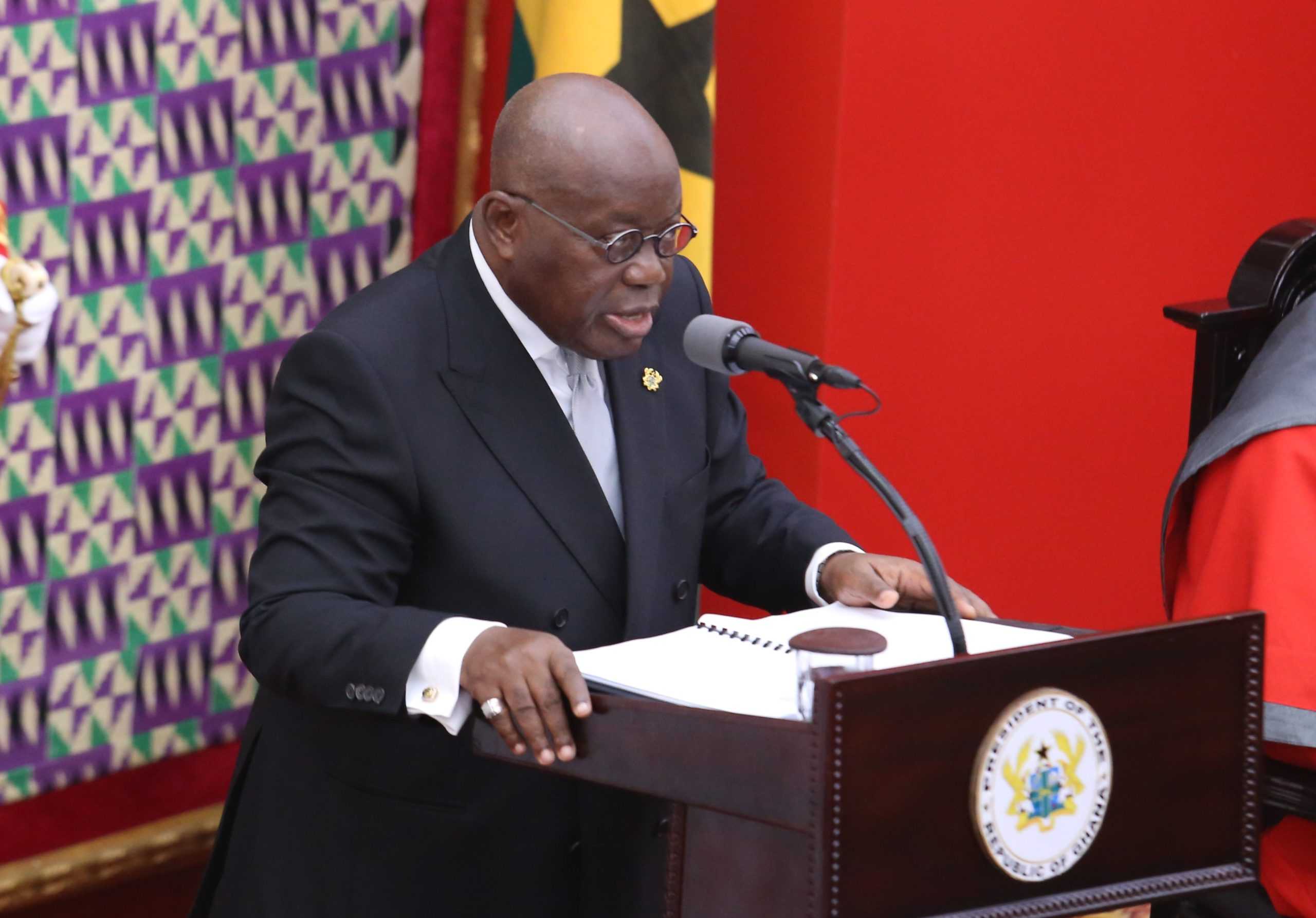
President Akufo-Addo delivered the annual State of the Nation Address on 27th February 2024
What You Should Know
- Ghana's President has delivered a State of the Nation Address amidst a politically charged atmosphere, with general elections set for December 2024 that could significantly influence the nation's socio-economic direction.
- The President's address came against the backdrop of post-COVID-19 economic pressures, with the government responding through policies to bolster local production and infrastructure, and committing to digital transformation.
- Public sentiment on major social media platforms regarding the SONA is mixed: 22.56% positive, 47.17% neutral, and 30.26% negative, highlighting diverse public expectations and areas of concern.
- Media analysis of the SONA indicates balanced coverage with a focus on the economy, energy, infrastructure, and the upcoming elections, reflecting the public's keen interest in Ghana's developmental trajectory and governance.
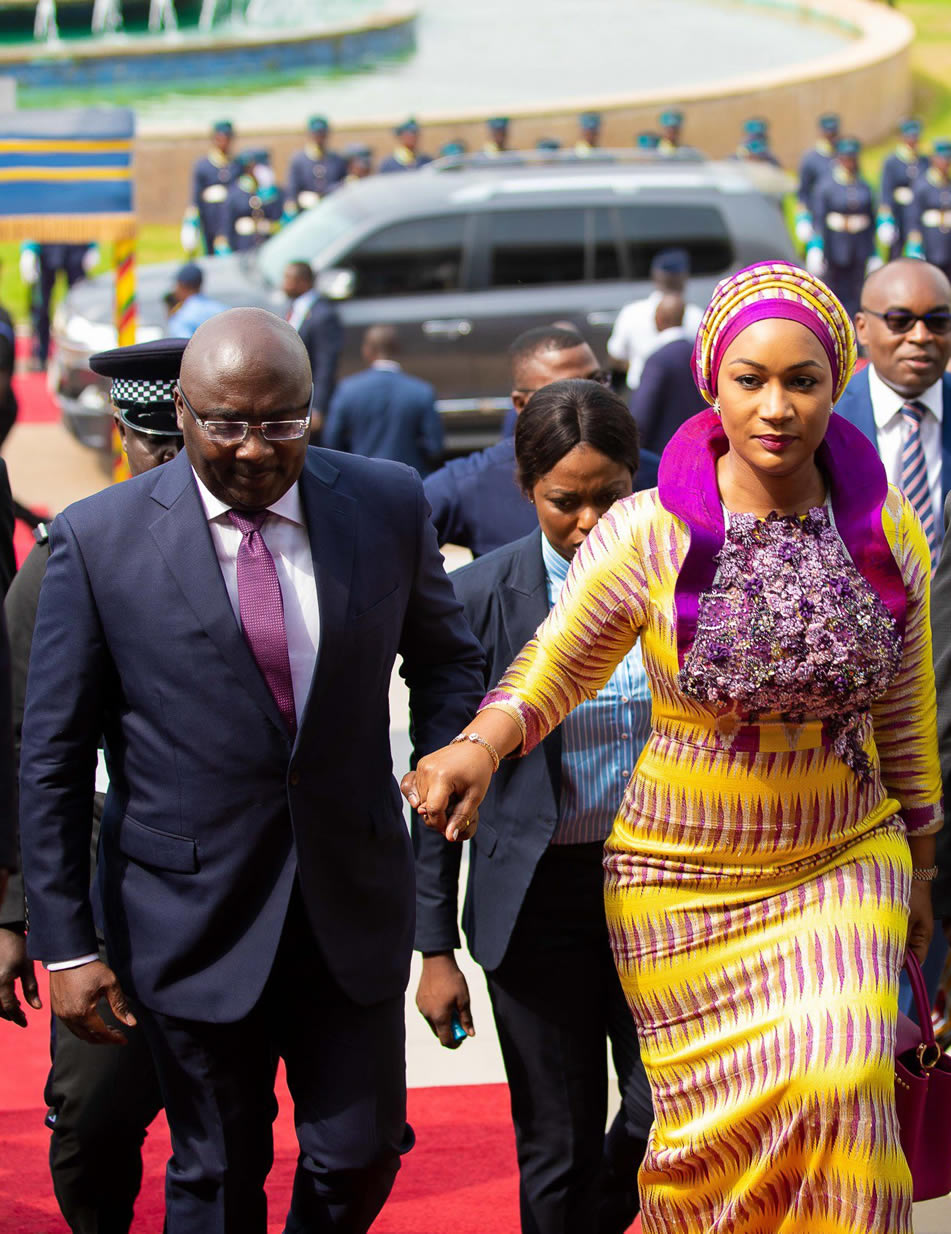
Vice-President & candidate of the New Patriotic Party (NPP) arrived at Parliament with the second lady, Samira Bawumia.
Introduction
The President of Ghana's recent State of the Nation Address outlined several critical areas of focus and development that are pivotal for businesses and investors in Ghana.
This detailed assessment by Intelligensis provides a comprehensive analysis of the key points from the address, evaluating their implications for multinational companies, investors, and the broader business landscape in Ghana.
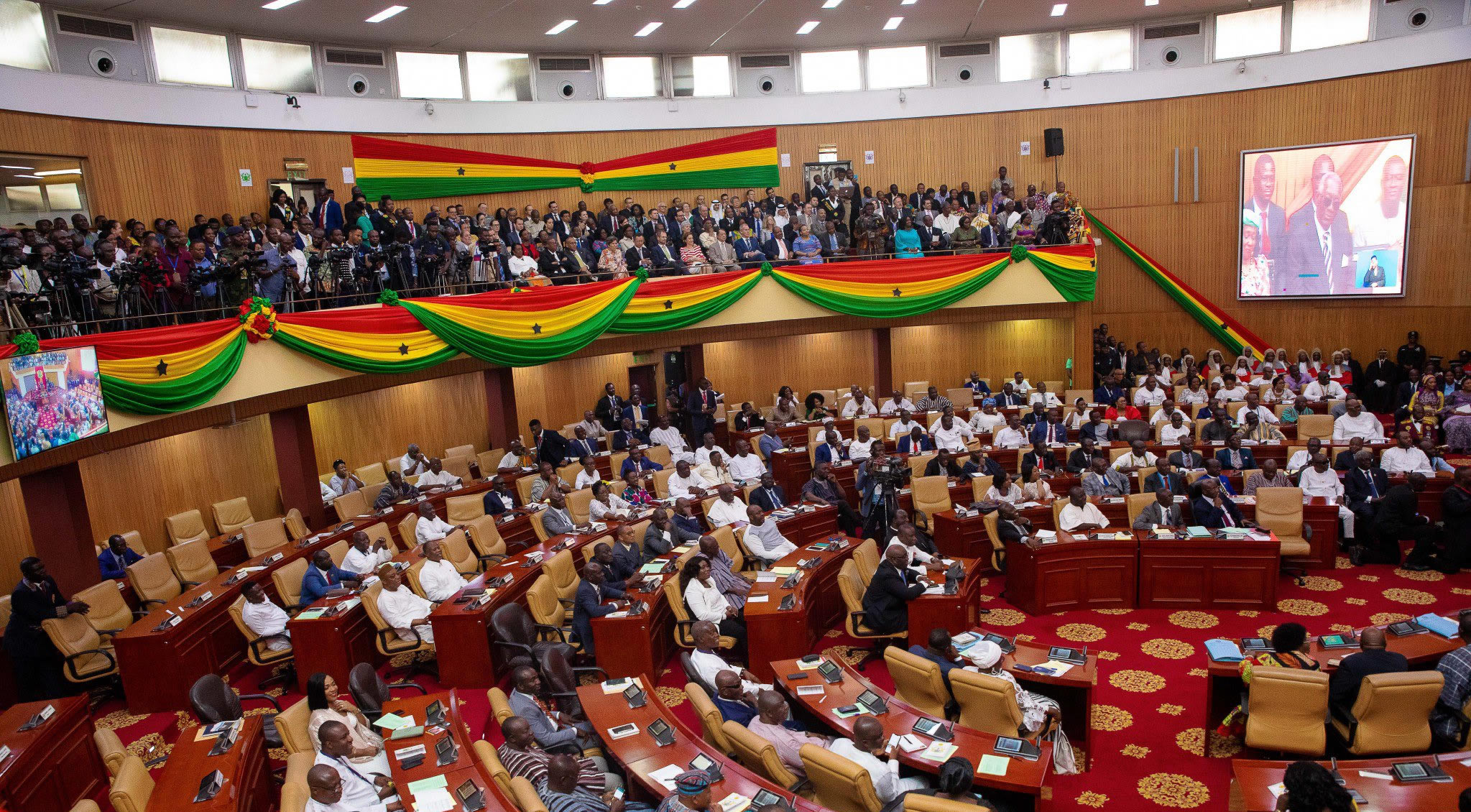
The State of the Nation Address was delivered before a packed parliament with many reactions to aspects of President Akufo-Addo's speech
Political & Economic Context in Ghana
President Akufo-Addo’s State of the Nation Address (SONA) was delivered amidst an economically turbulent atmosphere. Politically, the December 2024 general elections are expected to be a close contest between the incumbent New Patriotic Party (NPP) and the opposition National Democratic Congress (NDC). Economically, the country is wrestling with the post-COVID-19 fallout, experiencing sectoral disruptions, rising unemployment, and increased living costs, further stressed by global market volatilities. In response, the government has adopted a mix of policies focused on economic revitalization through local production boosts in agriculture and manufacturing, infrastructural enhancements, and a strategic commitment to digital transformation to modernize the economy and bolster resilience in a world still recovering from the pandemic's impact.
Public Reaction to the SONA
Positive Sentiments
Neutral Sentiments
Negative Sentiments
The public's response to Ghana's State of the Nation Address was mixed. Based on sentiment analysis of over 2,000 randomly selected social media comments revealed that while approximately 22.56% of Ghanaians felt positively about the President's policies and vision, the majority at 47.17% remained neutral, adopting a cautious ambivalent stance that indicates a wait-and-see outlook. Negative sentiments in the comments made up 30.26%, indicating a critical view from a substantial part of the populace, likely driven by skepticism or dissatisfaction with certain aspects of the SONA.
Media Coverage
Positive Sentiments
Neutral Sentiments
Negative Sentiments
The State of the Nation Address indicated a broad engagement received significant coverage by Ghana’s news media. A sample of 66 print, radio, TV & online reports indicated that 37% of reports were positive and an almost equal distribution of neutral and slightly less negative sentiments. Coverage focused on economic, energy, and infrastructural themes, echoing the public's concern over Ghana's financial and developmental progress, especially in the context of the forthcoming elections. Reports balanced commendations for the government's digital and infrastructural advances with critiques, particularly on unemployment and economic strategies, reflecting a comprehensive media perspective on the SONA that spans a wide range of societal sectors and implications for Ghana's future.
Highlights from the SONA
- Security and Stability: The President's emphasis on Ghana's unique position in avoiding terrorist attacks in a region plagued by such threats underscores the country's relative stability. This stability is a cornerstone for investor confidence and suggests that businesses can operate in a comparatively secure environment. The expansion of the armed forces and security agencies could also open up opportunities in defense and security-related industries.
- Infrastructure Development: Significant strides in infrastructure, including roads, railways, and airports, are likely to stimulate economic growth and create new business opportunities. Improved transportation infrastructure enhances logistics efficiency, critical for sectors like agriculture, manufacturing, and retail.
- Digital Transformation: Ghana's push towards digitalization, highlighted by the introduction of the Performance Tracker for government projects, indicates a growing market for digital services and infrastructure. This environment is conducive to investments in technology, telecommunications, and related services, catering to an increasingly digital-savvy population.
- Energy Sector and Renewable Resources: The government's commitment to renewable energy and efforts to improve electricity access are crucial for industries reliant on a stable power supply. This approach not only aids existing businesses but also presents investment opportunities in the renewable energy sector.
- Agricultural Focus: The second phase of the Planting for Food and Jobs Programme and the establishment of Agricultural Zones signal a strong focus on agricultural development. This presents opportunities in agribusiness, including farming technologies, supply chain management, and food processing.
- Education and Workforce Development: The investment in education, particularly in expanding access to secondary and tertiary education, is creating a more skilled workforce. This development is beneficial for businesses requiring educated and trained human resources and indicates a long-term improvement in the labor market quality.
- Healthcare Expansion: Progress in healthcare infrastructure development, including new hospital projects, suggests growing opportunities in the healthcare sector. This includes areas like medical equipment supply, pharmaceuticals, healthcare IT, and private healthcare services.
- Economic Stability and Fiscal Management: Efforts to stabilize the economy, evidenced by successful debt restructuring and IMF negotiations, are positive indicators for economic health. This macroeconomic stability is vital for attracting foreign direct investment and maintaining business confidence.
- Tourism and Cultural Development: The government's initiatives in enhancing tourist attractions and cultural heritage preservation suggest potential growth in tourism and related industries. This could benefit sectors such as hospitality, leisure, and entertainment.
- Industrialization and Trade: Initiatives like the One-District-One-Factory policy demonstrate a commitment to industrialization. This, coupled with Ghana's role in the AfCFTA, positions the country as an emerging hub for manufacturing and trade in the region.
- Social Welfare and Inclusivity: Programs focusing on social welfare, including pension reforms and support for the disabled, reflect a commitment to inclusive growth. This approach can lead to a more equitable economic landscape and foster a stable social environment for business operations.
- Mining Sector Dynamics: The President's focus on increasing local participation in the mining sector, particularly through policies like Gold for Oil, indicates a strategic approach to managing natural resources. This may create opportunities for local and foreign investors in the mining sector.
Conclusion
The President of Ghana's State of the Nation Address paints a picture of a country actively working towards stability, growth, and modernization across various sectors. For businesses and investors, these developments present a landscape ripe with opportunities, particularly in areas of infrastructure, digitalization, energy, agriculture, and healthcare. As Ghana continues on this trajectory, it solidifies its position as an attractive destination for investment in West Africa.

